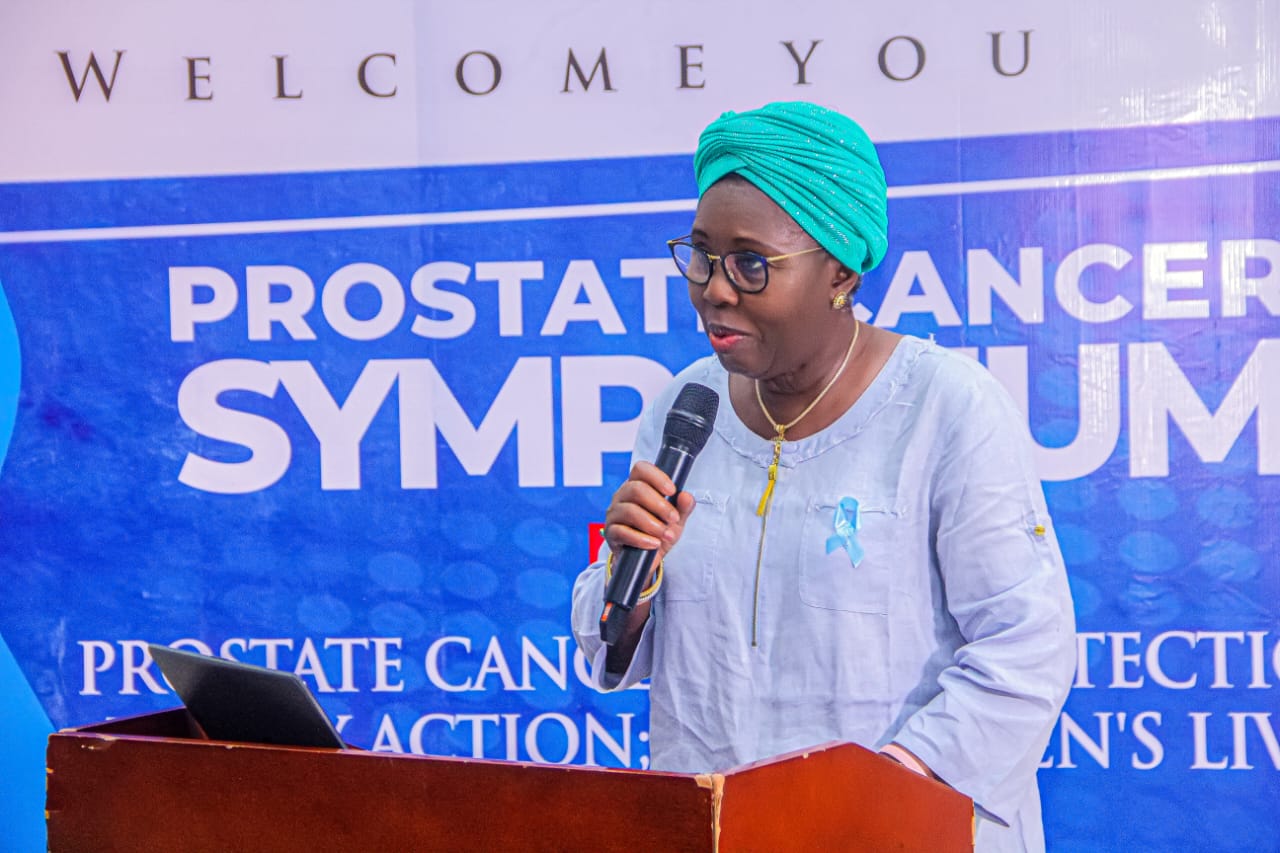The Breast Cancer Association of Nigeria (BRECAN), in partnership with the Oluwarotimi Akeredolu Foundation (OAF), on Tuesday convened a high-level Prostate Cancer Symposium aimed at raising awareness, promoting early detection, and improving health outcomes for Nigerian men.
The symposium was hosted by Her Excellency Dr. Betty Anyanwu-Akeredolu, wife of the late former Governor of Ondo State, Arakunrin Oluwarotimi Odunayo Akeredolu, SAN, CON, and Founder of BRECAN.
She described the event as both a professional engagement and a personal tribute to her late husband, whose leadership and dedication to the health and dignity of the people continue to inspire action.
Prostate cancer remains one of the leading causes of cancer-related deaths among men in sub-Saharan Africa. Yet, experts note that early detection significantly improves survival rates.
Dr. Anyanwu-Akeredolu highlighted the ongoing challenges of silence, stigma, inadequate awareness, and delayed medical attention, which contribute to preventable deaths.
“Prostate cancer is one of the cancers where early detection offers the greatest chance of survival, yet too many of our men are dying because they delay seeking help,” she said. “We are here to confront the silence, change the narrative, and equip families with the information they need to save lives.”
The symposium brought together specialists in urology, oncology, pathology, public health, lifestyle medicine, and community advocacy, reflecting the need for a multidisciplinary approach to tackling the disease.
Dr. Anyanwu-Akeredolu emphasized BRECAN’s commitment to evidence-based advocacy and access to timely care, noting that the collaboration with OAF reflects a shared vision for a healthier Nigeria.
She urged participants to engage fully, exchange ideas, and explore opportunities for collaboration, stressing that “the fight against prostate cancer is not one we can win in silos. It demands unity, commitment, and sustained action.”
The event featured expert presentations, panel discussions, and community-focused sessions on early detection strategies, lifestyle interventions, and improved treatment outcomes. Stakeholders stressed the need for continuous public education, policy support, and enhanced diagnostic and treatment facilities across the country.
The symposium concluded with a renewed commitment by organizers and participants to intensify advocacy efforts and implement interventions aimed at reducing prostate cancer deaths among Nigerian men.


